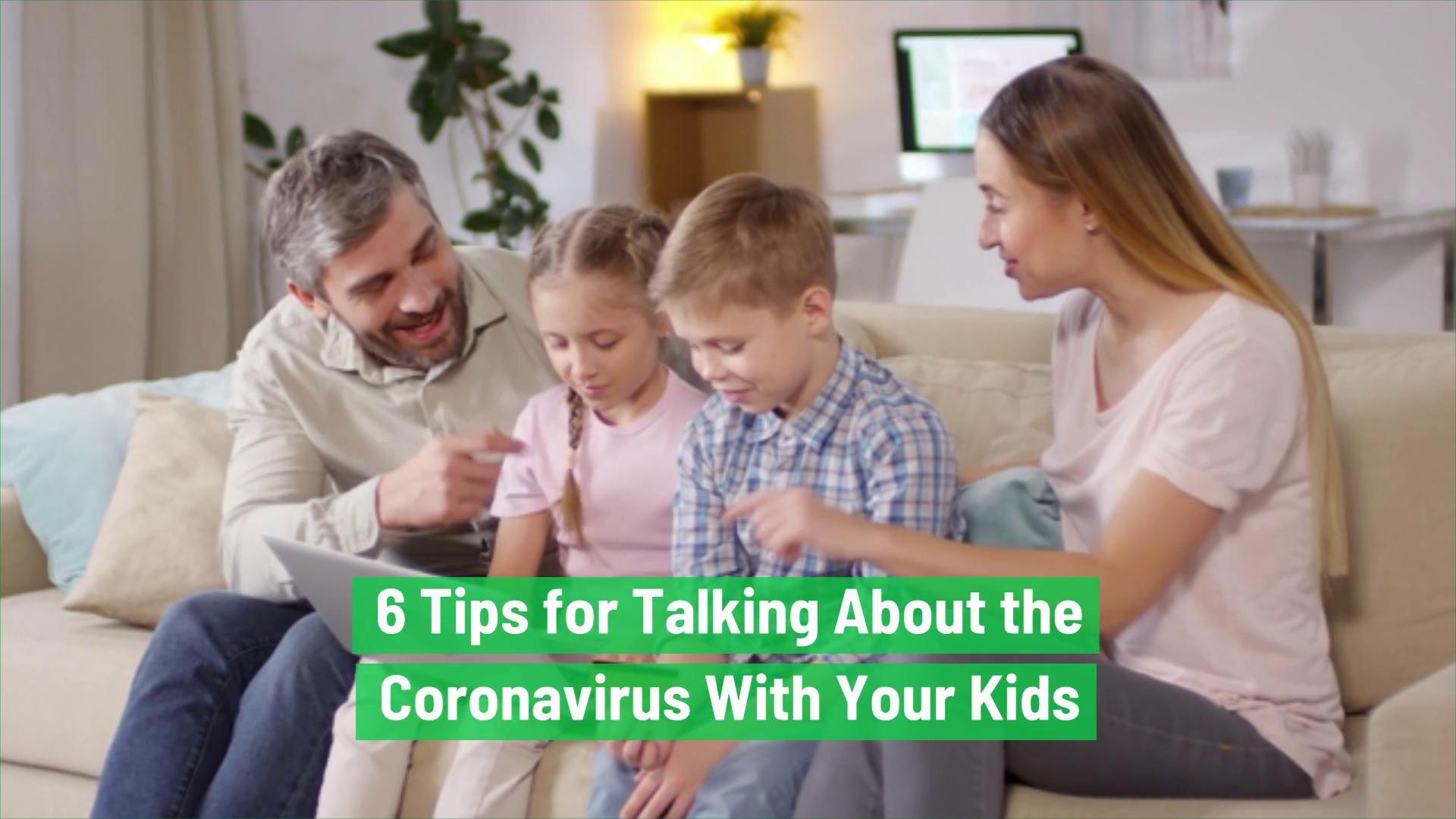By: Eloise Hatner
It isn’t easy to talk to children about the Coronavirus. So take some advice from parents and officials from around the country.
The Associated Press spoke to several about how they broach and explain the subject with their kids. Here are some of their comments:
“We talk about it a lot. I watch the news every morning, and they’re always watching it, too,” said a parent of two daughters. “I’m not really as scared of it. It’s still not even that many people getting sick here. And it’s less dangerous than the flu,” one of the girls said. “One of my friends is really scared of it, but she’s honestly really scared of all diseases.”
“I don’t want to doom and gloom them into being afraid of getting sick because, let’s face it, kids get sick pretty often,” said another parent. “And I don’t need a sniffle to turn into them worrying about dying.”
In Norton, Massachusetts, one parent told AP that “We thought it would be confusing and scary for a kid if they were told that school has to be closed for two weeks. We felt like it was important … to give her a lot of information about how this might impact her life even if we don’t know exactly how yet.”
“We are aware of reports that some of our Asian students have been targeted and discriminated against in connection to COVID-19. This is unacceptable and contrary to our values of racial equity and social justice,” one local official noted.
“In our family we all talk about it, so it’s pretty open and so they’re not hiding anything from us,” said a 14 year old. “And I think that’s helped a lot.”
The CDC has released guidelines for talking with children about Coronavirus Disease.
Among them:
– Remain calm and reassuring.
– Remember that children will react to both what you say and how you say it. They will pick up cues from the conversations you have with them and with others.
– Make yourself available to listen and to talk.
– Make time to talk. Be sure children know they can come to you when they have questions.
– Avoid language that might blame others and lead to stigma.
– Remember that viruses can make anyone sick, regardless of a person’s race or ethnicity. Avoid making assumptions about who might have COVID-19.
– Pay attention to what children see or hear on television, radio, or online.
– Consider reducing the amount of screen time focused on COVID-19. Too much information on one topic can lead to anxiety.
– Provide information that is honest and accurate.
– Give children information that is truthful and appropriate for the age and developmental level of the child.
– Talk to children about how some stories on COVID-19 on the Internet and social media may be based on rumors and inaccurate information.
– Teach children everyday actions to reduce the spread of germs.




